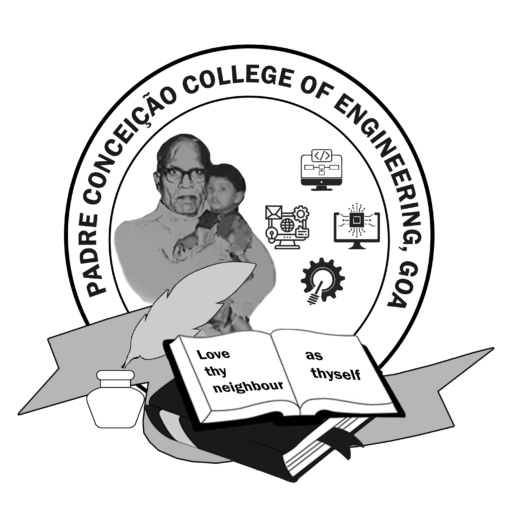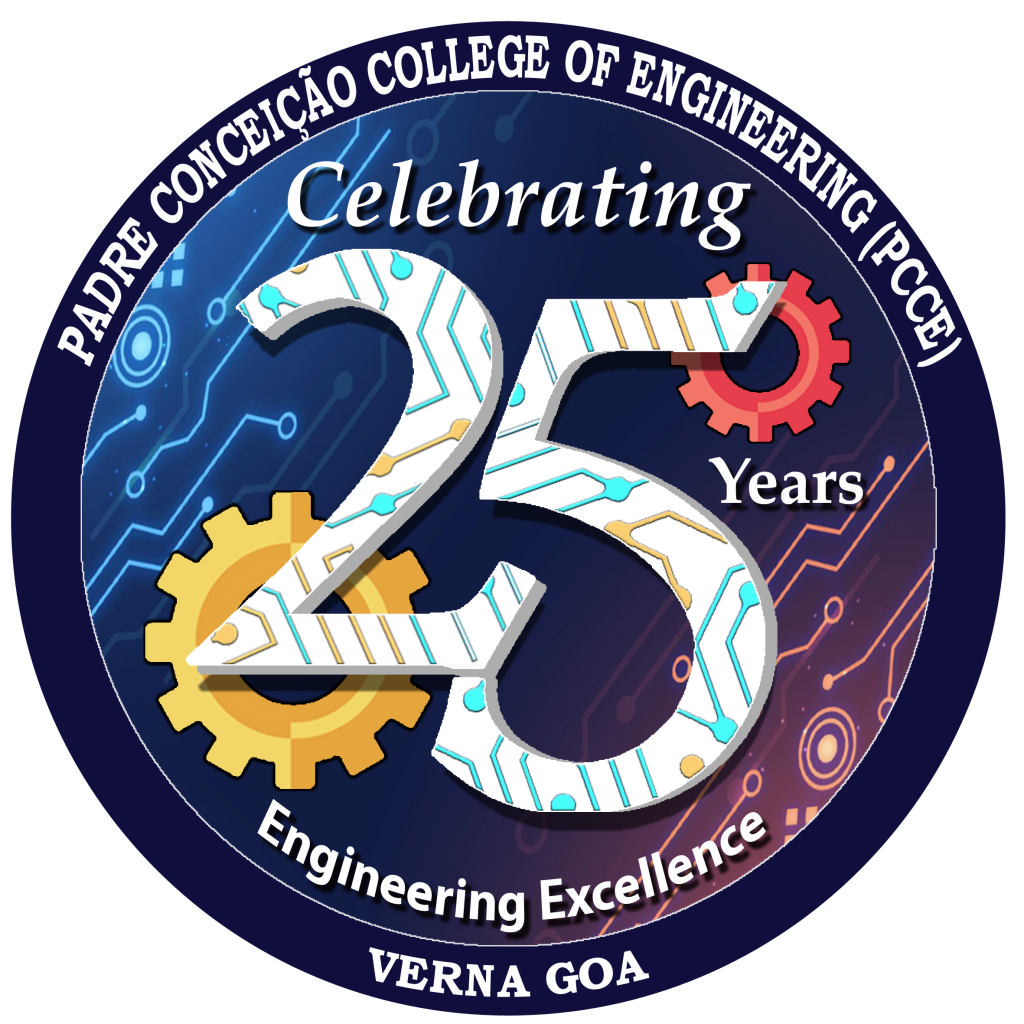FECOMP –A1,A2 VISIT TO NCPOR Research Center, Vasco
Date: 28 April 2025
Our department visit to the NCPOR Research Center was an eye-opening experience. I had always been curious about the kind of science conducted in the Polar Regions, and this trip offered me a completely new perspective. We learned about a wide range of topics.
One of the first things that captured our attention was the work being done on Antarctic ice cores. The scientists explained how they collect these long cylinders of ice, some stretching down as deep as 150 meters. It was fascinating to learn that these ice cores hold records of the Earth’s climate from hundreds of years ago.
We also gained valuable insights into the magnetosphere and auroras. Before the visit, we only knew auroras as beautiful lights in the sky, but we didn’t understand the science behind them. The scientists helped us understand how the Earth’s magnetic field protects us from the solar wind, and how charged particles from the sun interact with our atmosphere to create the stunning colors of the auroras. They even showed a small video to demonstrate how the magnetic field works, making the concept much clearer.
The scientists also discussed the challenges of conducting research in extreme environments. They spoke about the HIMANSH project in the Himalayas, where they study glaciers and climate change at high altitudes. We observed the specialized equipment they use, such as automatic weather stations and ground-penetrating radar, which highlighted the dedication and hard work required to collect critical data.
Another important topic we explored was glacial lake outburst floods (GLOFs). I was shocked to learn how sudden floods can occur when glacial lakes burst, and the devastating impact they can have on downstream communities. The scientists showed us models and explained the causes, including glacier melting, landslides, and even earthquakes. It was sobering to realize how climate change might be increasing the risks of such events.
Throughout our visit, the scientists we met were incredibly passionate about their work. When I asked them questions, they were humble and patient, explaining complex concepts in a way that was easy to understand. They never made us feel uncomfortable for asking basic questions. Their enthusiasm and willingness to share their knowledge were truly inspiring.
Overall, the visit to NCPOR was not only educational but also deeply impactful. It broadened our understanding of Earth sciences and emphasized the importance of research in understanding our planet and its changing climate. We left with a newfound appreciation for the scientists who dedicate their lives to this crucial work.





